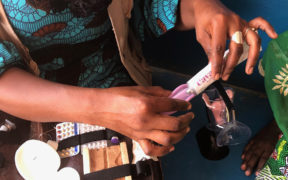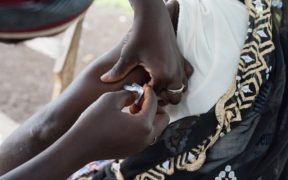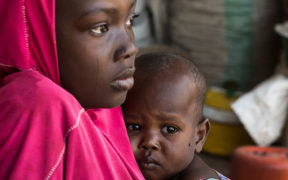Tag:
contraceptive access

The Expanding Effective Contraceptive Options (EECO) project is delighted to partner with Knowledge SUCCESS to bring you this curated collection of resources to guide the introduction of new contraceptive products.

Ce dialogue politique virtuel a discutait les obstacles à l’utilisation durable de la contraception chez les jeunes et à créer des opportunités de collaboration entre les organisations dirigées par des jeunes, les journalistes et les jeunes chercheurs.

PACE convened a two-hour virtual policy dialogue on youth contraceptive discontinuation in West Africa on May 26, 2021. The event aimed to increase regional policymakers’ commitment to addressing the barriers to sustained contraceptive use among youth and forge collaboration opportunities for youth-led organizations, journalists, and young researchers.

Recap of a webinar on high-impact approaches to support the introduction and scale-up of the self-injectable contraceptive DMPA-SC in Francophone family planning programs in Burkina Faso, Guinea, Mali, and Togo.

During a humanitarian crisis, the need for reproductive health services doesn’t go away. In fact, it increases significantly.

We can work together to ensure that all women and girls have access to contraceptives. Read RHSC's 4-point plan to learn more.













